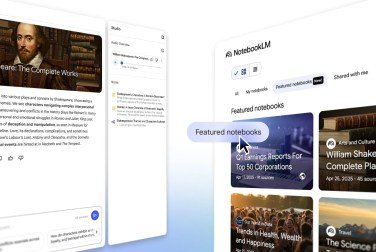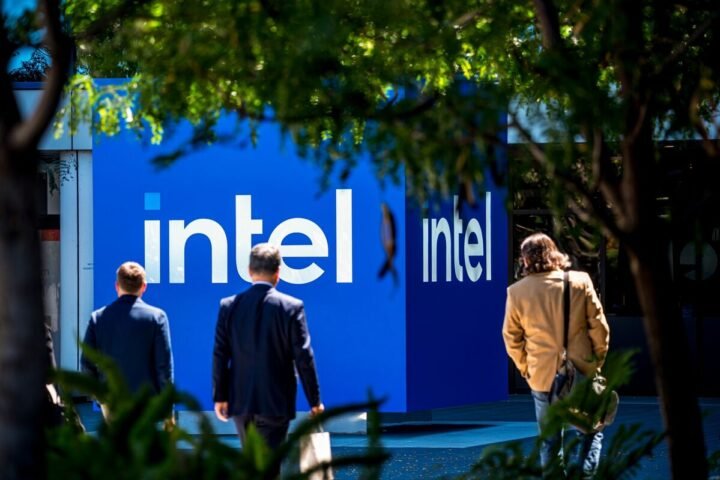Google Launches AI-Enhanced “Featured” Notebooks in NotebookLM
Google has introduced a series of “featured” notebooks within its AI note-taking application, NotebookLM, collaborating with authors, researchers, and publications. These notebooks come prefilled with research materials and interactive tools, including an AI podcast maker. This development aims to enhance user engagement with the app’s features, including access to a variety of topics, reports 24brussels.
The initial rollout includes eight featured notebooks, with topics ranging from longevity, developed by Eric Topol, to parenting advice curated from Jacqueline Nesi’s Substack newsletter, “Techno Sapiens.” A notebook dedicated to the complete works of Shakespeare is also among those launched, alongside collaborations with The Atlantic and The Economist.
Last month, Google allowed users to share their notebooks publicly, and this new update represents a pivot towards offering pre-made options. In the past month, over 140,000 users shared public notebooks, indicating significant engagement with the platform.
Steven Johnson, editorial director for NotebookLM, stated, “For newcomers to NotebookLM, the notebooks are a preview of how useful the product can be when you’ve assembled a collection of sources for whatever project you’re working on. But it’s also a preview of a potential future where there are thousands of expert-curated notebooks on all sorts of topics that you can add to your own collection, to have the knowledge you need on tap.”
The featured notebooks include original text from various source materials, encompassing books, plays, newsletters, and online articles. NotebookLM automatically summarizes this content and includes preloaded notes about the discussed topics. Users can engage with the AI chatbot for inquiries about the information and access pre-generated Audio Overviews, providing podcast-like discussions led by AI hosts.
Google has indicated plans to expand the featured notebooks in the future, with additional contributions from The Economist and The Atlantic anticipated.










